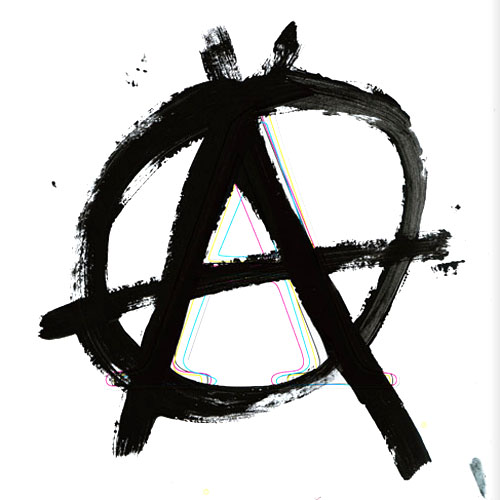[Gustave Courbet, Portrait of Baudelaire, 1847-48]
Last week we considered how Balzac's The Unknown Masterpiece uses aesthetic language and themes as a means for articulating a political critique of both post-French Revolution anarchy and of capitalist materialism. For this week, choose one of the Baudelaire prose poems and make a brief argument about how the text links aesthetic concerns to political positions. Is Baudelaire critical of the same forces that we saw in Balzac? Does his stance on artistic, social, and political modernity (and the specific social upheavals of the 1840s) seem as conservative as Balzac's or is it more radical? Feel free to make reference to any of this week's other materials (Proudhon, Marx, Baudelaire) to back up your claim. [Note for anyone interested in working on "The Rope": you might wish to do a bit of research on Baudelaire's relationship with Edouard Manet.]

